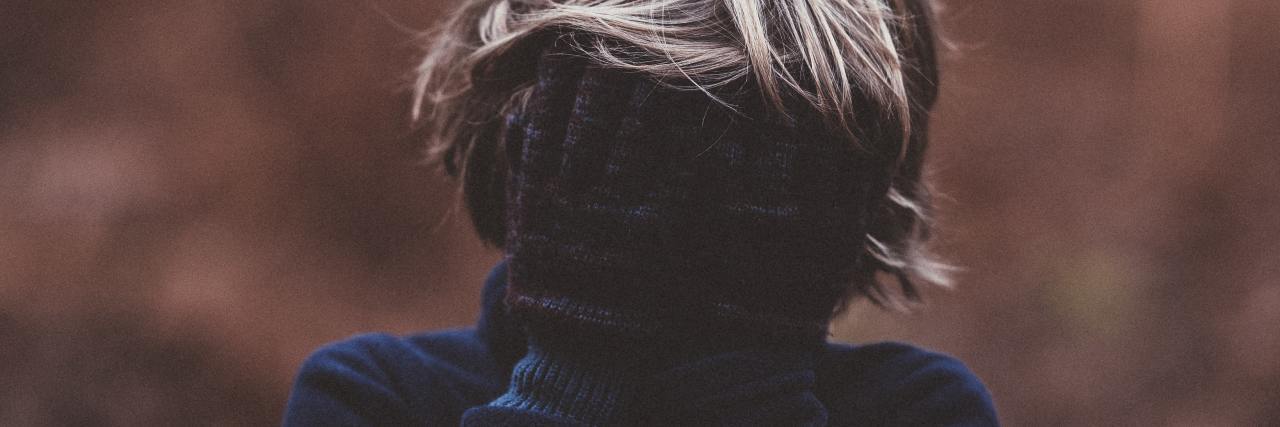How My Childhood Loneliness Grew Into Anxiety
Editor's Note
If you’ve experienced domestic violence or emotional abuse, the following post could be potentially triggering. You can contact The National Domestic Violence Hotline online by selecting “chat now” or calling 1-800-799-7233.
You can contact the Crisis Text Line by texting “START” to 741741.
My childhood home was a desperately lonely place. Feeling alone in a family of five causes an exquisite, agonizingly counter-intuitive kind of emotional pain. I did not feel I was accepted nor belonged. And this set a lifelong pattern of struggling to fit in anywhere, often feeling slightly out-of-place, regularly changing jobs, accommodation and relationships trying to find my place in the world and chasing an ever-elusive comfortable “at home” feeling.
An old, beautiful, proud Victorian stone house elegantly hid a rotten core. Spaced out rooms with high ceilings, the resulting cold interior a fitting metaphor for the emotional disconnect within. The time and cost to fully heat such a building indicative of the tremendous energy needed to muster any genuine emotional warmth among its occupants. The mandatory extra jumpers a symbol of the extra protective padding required to exist in such an emotional graveyard.
A divisive family culture fueled by simmering resentments, unspoken anguish, unacknowledged trauma, unvoiced anger, toxic positivity, hidden secrets, deafening silence and venomous sarcasm. As a child I sensed, and was at the mercy of, these undercurrents of discontent. There was so much repressed anger, a cover for bone-deep hurt and sadness, I could almost touch its viscous presence. In fear of inadvertently adding kindling to an already-smoldering pile, I developed exhausting, hypervigilant tendencies. Listening for footsteps, scanning rooms to neutralize potential sparks and making myself as small as possible. It was rarely enough. Plus, I was a child and I made ill-tolerated mistakes. Conditioned to view my inherent value as relational to my productivity, I was unable to relax. An activity that was considered indulgent and not modeled as legitimate by my parents, themselves trying to avoid facing their own issues with relentless busyness. I sadly missed out on learning this vital tool to manage my burgeoning levels of anxiety. As my teen years progressed, I became wound tighter and tighter with fear, to the degree I would startle as if electrocuted when anyone unexpectedly touched me.
The toil that runaway fear can cause the human body is truly phenomenal. I bit my nails to ugly stubs. I ate my own hair. And I experienced Bell’s Palsy at 18. As an adult, I had periods of denying myself food (an attempt to take back control when I felt out of control), several bouts of insomnia lasting months (managed by sleeping pills as I was unable to switch off my brain), psychosomatic back pain lasting months (possibly physical manifestations of repressed emotions) and more.
Yet, I’ve watched, feeling a helpless bystander, as on several occasions my brain has pushed me beyond rock bottom into emotional free fall, only to eventually make it out the other side. Bruised and battered, but not broken. Each time, the iron grip of anxiety slowly slackening. For while my brain may obscure it for a time, there is always a sliver of hope lighting the way forward. I just need the courage to follow it.
Photo by Annie Spratt on Unsplash

